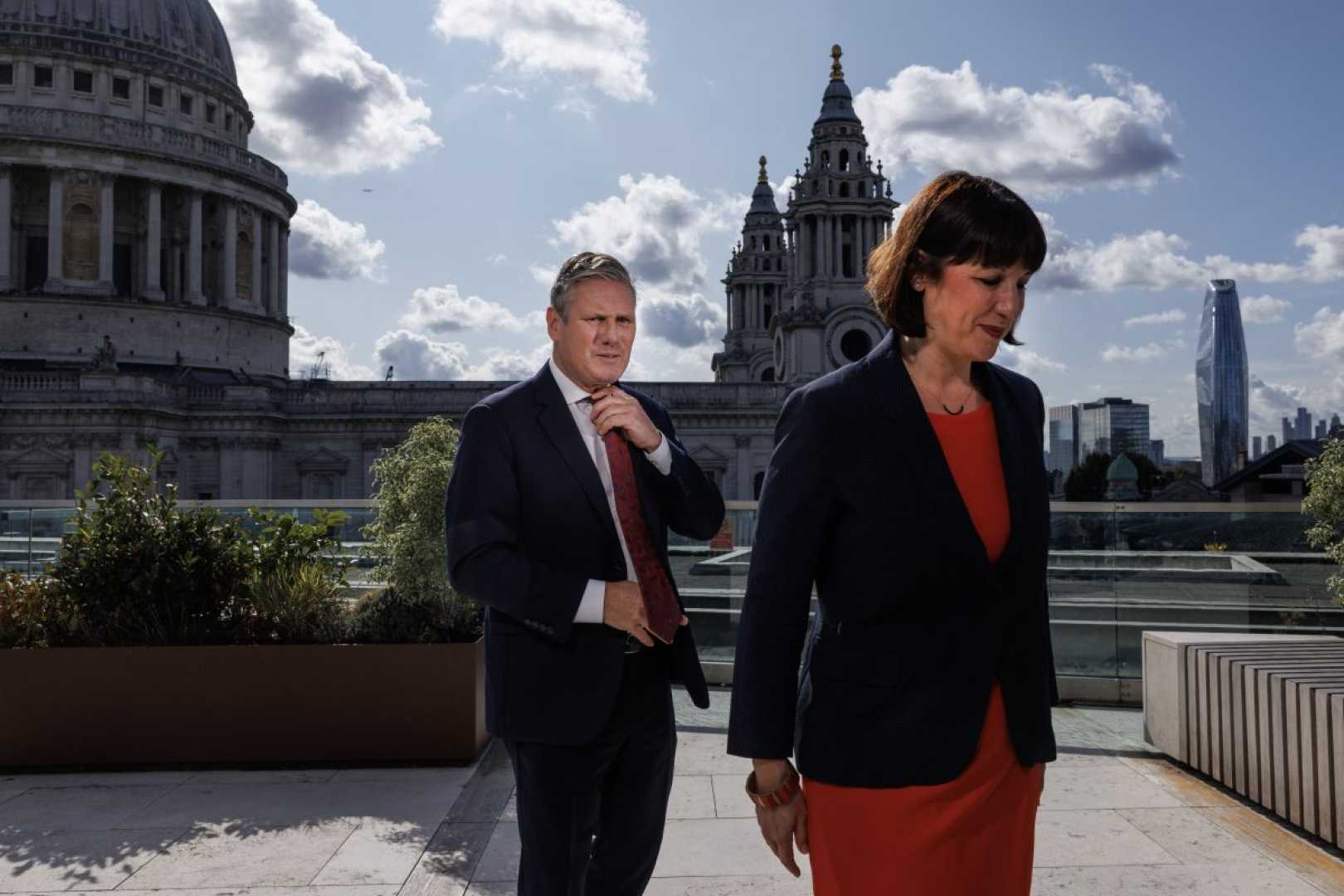News
UK Government Considers Changes to Inheritance Tax Amid Budget Constraints

The UK government is contemplating an increase in the revenue it collects through inheritance tax as part of its upcoming budget plans, according to BBC News reports. However, the precise details of how many individuals might be affected or the extent of increased payments remain unclear. The prime minister and chancellor are said to be exploring various changes to the current tax framework, which includes several exemptions and reliefs.
Inheritance tax is levied at a rate of 40% on estates valued above a £325,000 threshold, covering property, possessions, and monetary assets of the deceased. This tax generates approximately £7 billion annually for the government, impacting around 4% of deaths.
The government is reportedly reviewing numerous tax rules, including those concerning lifetime gifts. Under current legislation, if a person gifts over £325,000 and dies within seven years, the recipients could face tax liabilities. Agricultural property relief, which exempts land used for farming purposes from inheritance tax, is also under scrutiny.
Specific measures to be included in the budget, scheduled for Wednesday, 30 October, remain undetermined. A Treasury spokesperson told the BBC, “We do not comment on speculation around tax changes outside of fiscal events.”
This speculation arises amid governmental efforts to address a claimed £40 billion fiscal shortfall. Officials highlight the necessity for a “reset in public finances,” a stance seen as preparation for addressing public expectations prior to a speech by Rachel Reeves, the Shadow Chancellor. The budget is projected to be presented as “Fixing the Foundations to Deliver Change,” taking aim at challenges inherited from the previous administration.
In prior statements, the Labour Party has emphasized its pledge not to increase taxes on working individuals, including National Insurance, basic, higher, or additional rates of income tax, or VAT, thereby narrowing avenues for revenue generation. Nonetheless, raising National Insurance for employers remains a possible strategy, notwithstanding potential concerns from small businesses viewing themselves as “working people.”
Chancellor Jeremy Hunt, while in opposition, criticized the Labour Party, alleging surprise tax proposals. Hunt stated, “During the election, we repeatedly warned that Labour’s sums didn’t add up and that they were planning to raise taxes.”
Economic analysts at think tank Demos proposed increasing inheritance and capital gains taxes as viable approaches to accruing an additional £2.6 billion annually, suggesting that closing certain loopholes could amass £16 billion over the next parliamentary term. Recommendations include introducing tiered taxation rates based on estate values and capping business relief, potentially generating significant revenue.
The Treasury is anticipated to announce changes that will exploit growing estate values as lucrative revenue sources. Measures under consideration include extending capital gains tax to all inherited assets, a shift supported by the Institute for Fiscal Studies.












